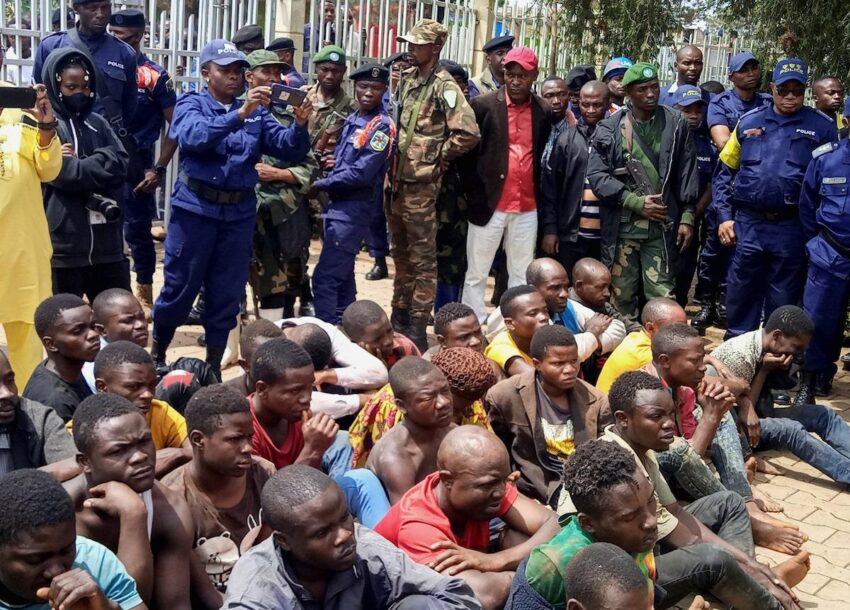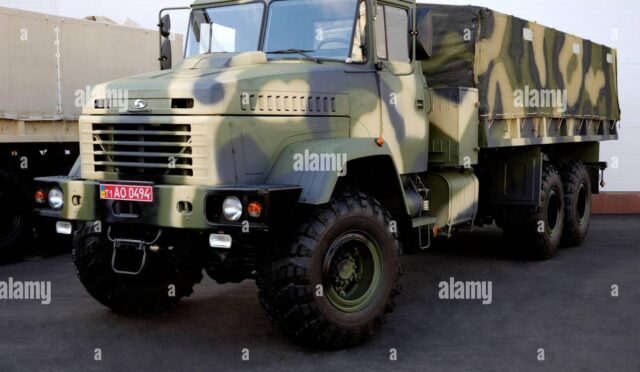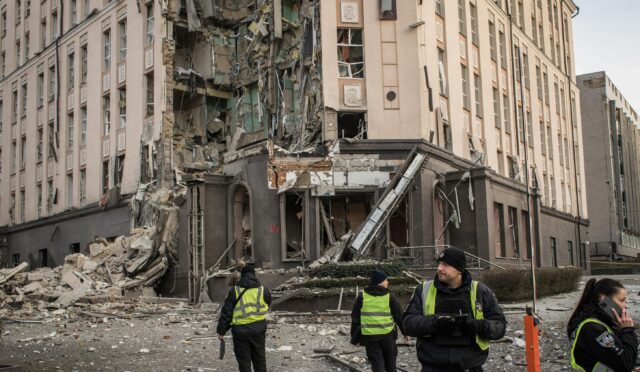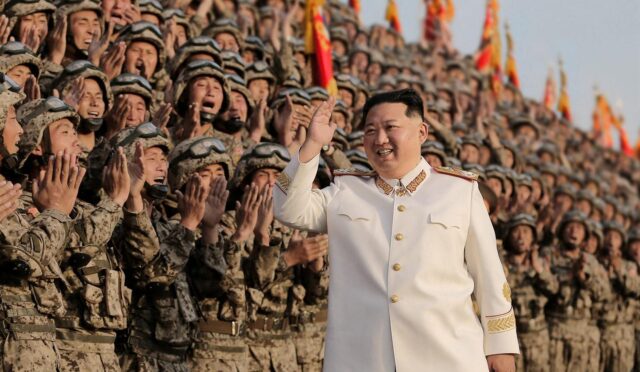M23 Fighters and Rwandan Troops Advance into Bukavu
M23 fighters, alongside Rwandan troops, have made significant advances into Bukavu, the capital of South Kivu province in the Democratic Republic of the Congo. Reports from security and humanitarian sources indicate that the armed groups faced little resistance as they seized control of the region’s main airport before entering the city, which has a population of approximately one million. This development has raised alarms, as Congolese President Felix Tshisekedi condemned Rwanda’s actions, labeling them as indicative of “expansionist ambitions” in the resource-rich area.
The situation in Bukavu has escalated dramatically, prompting Tshisekedi to forgo attending an African Union (AU) summit in Ethiopia to monitor the unfolding crisis. Local businesses have shuttered, and civilians are fleeing the city amid fears of impending violence. As tensions rise, African leaders have called for an immediate ceasefire to mitigate further conflict.
Concerns Over Rising Violence and Regional Instability
Civil society groups have urgently appealed to Congolese military forces to refrain from engaging in combat within the city, as M23 fighters advanced with minimal opposition. The capture of the main airport has effectively granted M23 control over the strategic Lake Kivu area, heightening fears of a broader military conflict that could involve several of DR Congo’s nine neighboring countries, all of which have military personnel stationed in the vicinity. Historical context reveals that Bukavu has previously been seized by dissident soldiers, underscoring the fragile security situation.
The recent resurgence of fighting, following a brief pause, has prompted a crisis meeting among African leaders, with a more comprehensive AU summit scheduled for the weekend. Outgoing AU chair Moussa Faki Mahamat emphasized the necessity of a ceasefire, stating that military solutions are inadequate for resolving the ongoing issues.
Tshisekedi’s Call for International Action
Despite the ongoing crisis, President Tshisekedi was notably absent from the AU meeting, instead placing blame on Rwanda for the renewed violence. He has called for decisive international sanctions against Kigali, urging global leaders to recognize Rwanda as the true instigator of the conflict. At the Munich Security Conference, he expressed frustration over the exploitation of DR Congo’s resources, which are being siphoned off for the benefit of foreign interests amid the chaos.
The conflict’s roots are deep, with Kinshasa accusing Rwanda of attempting to seize control of valuable natural resources, including vital minerals for electronics and gold. Rwanda, however, denies these allegations, citing threats to its national security from armed groups, particularly the FDLR, which emerged following the 1994 genocide against Tutsis. Tensions between the two nations have escalated, resulting in both recalling their ambassadors and DR Congo closing its airspace to Rwandan flights.
Humanitarian Crisis Unfolding Amidst Conflict
The violence has had devastating human costs, with UN estimates indicating nearly 3,000 casualties in recent months. In Goma, which was captured by the M23 last month, residents are suffering from severe shortages of water, forcing them to rely on contaminated supplies from Lake Kivu. The UN’s humanitarian arm has raised alarms about a potential cholera outbreak, while the refugee agency has highlighted challenges in providing aid due to restricted access and targeted attacks on infrastructure.
The conflict has displaced hundreds of thousands, with many seeking refuge in overcrowded camps near Goma. The World Health Organization reports that these camps are facing health crises, including mpox outbreaks. As the situation worsens, neighboring Burundi has temporarily closed its borders to fleeing Congolese, struggling to manage the influx. Residents in border towns express concern over the rising number of refugees, fearing that the conflict is encroaching upon their own territory.






